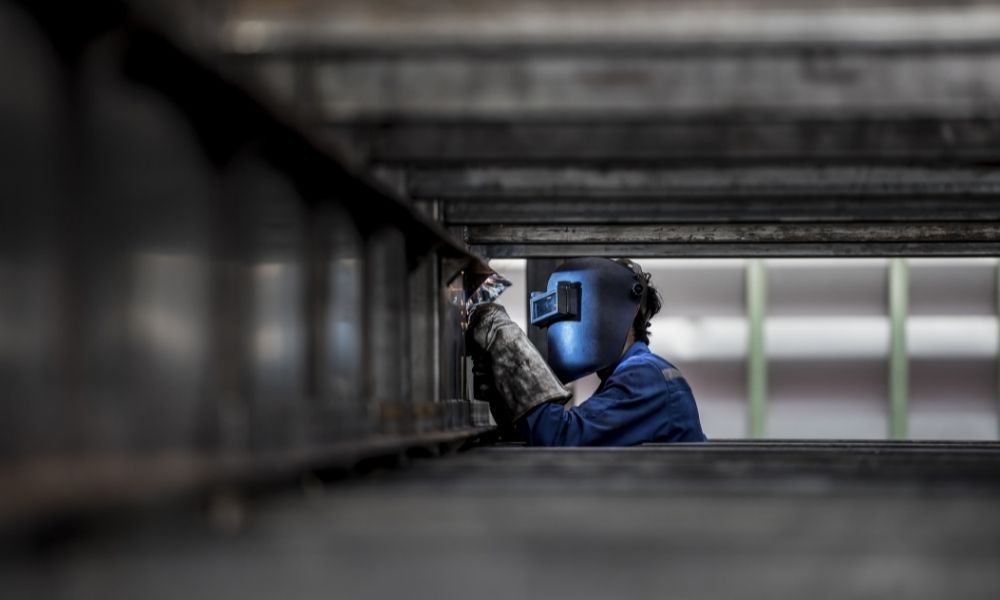What Toxins Are Most Harmful for Welders

Professional welders, welding students, or weekend enthusiasts all enjoy the feeling of creating an object with only their hands and fire. However, this industrial activity is not without its dangers, specifically toxic fumes produced by metalworking. These carcinogens are known to cause long-term bodily damage with overexposure and improperly ventilated work environments. Check out this guide for what toxins are most harmful for welders.
Aluminum
Aluminum in its typical form is not toxic for humans or organic life. However, aluminum dust is a dangerous neurotoxin that can cause massive bodily harm. Specifically, the toxin is linked to neurological diseases such as early-onset Parkinson’s and dementia. Even short-term exposure causes various ailments that eventually lead to more severe problems.
Chromium
Chromium, specifically hexavalent chromium, is a valence state of the metal that’s produced during most industrial processes. The byproduct is released into the air during heat-cutting methods and is known to cause rapid cancer cell development.
It also harms tissue in the lungs, kidneys, liver, and skin. The toxin is the most deadly to welders, so OSHA (The Occupational Safety and Health Administration) has laws in place that prioritize proper workshop ventilation for employees.
Asbestos
Our society utilized the incredible insulating powers of asbestos for many years, which unfortunately led to many people getting sick from the toxic nature of this substance. Asbestos is present in nearly every industrial job or setting.
Specific tools like a welding rod contain a flux material that helps limit metal oxidation. However, when combined with heat, these rods release dangerous amounts of asbestos into the air. Luckily, regulations have made asbestos exposure-related illnesses far less common within the welding industry.
Understanding what toxins are most harmful for welders is vital if you plan to pursue a career or hobby in this field. A metalworking job is full of personal and financial rewards, and with proper precautions, it is entirely safe for anyone.





